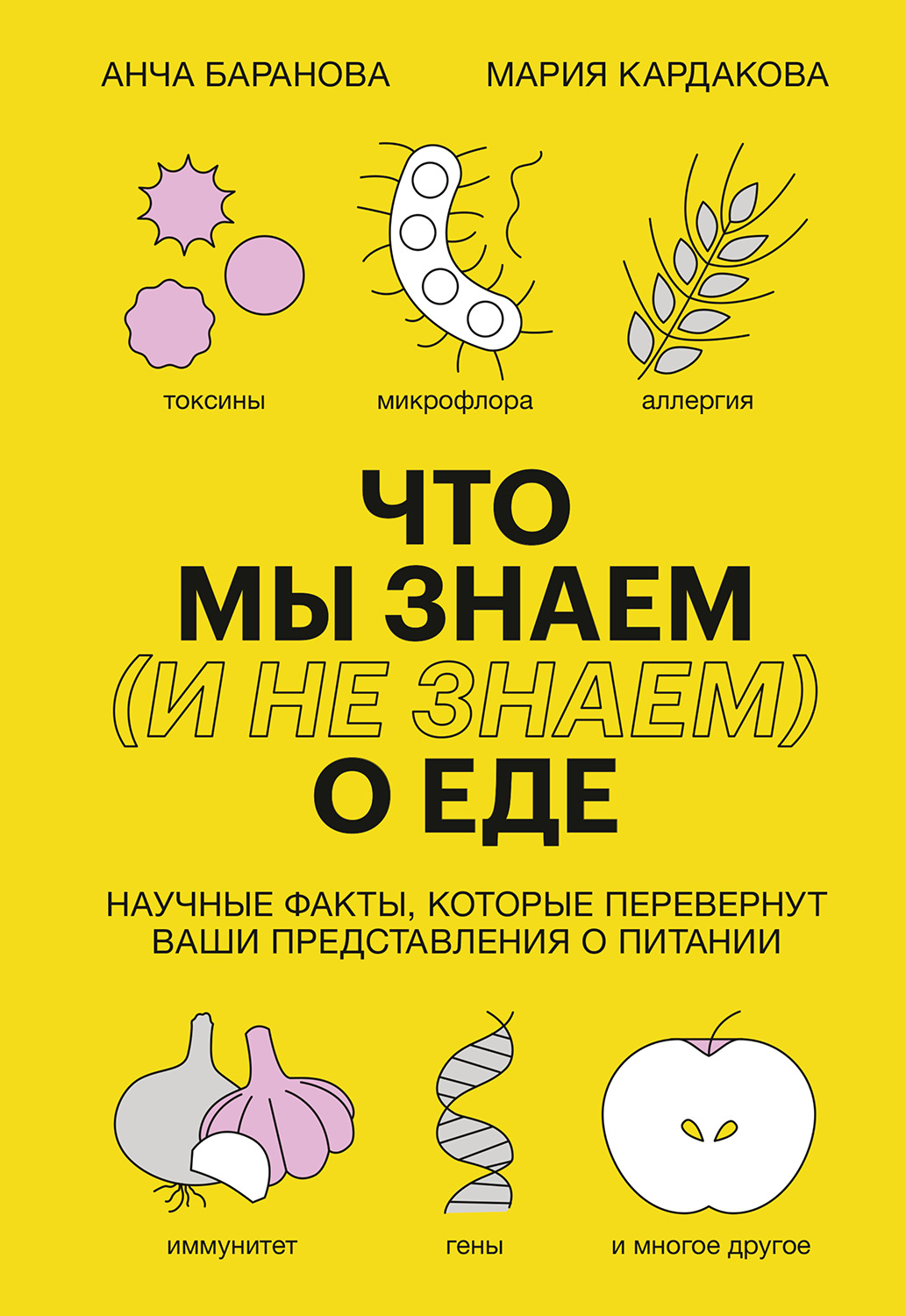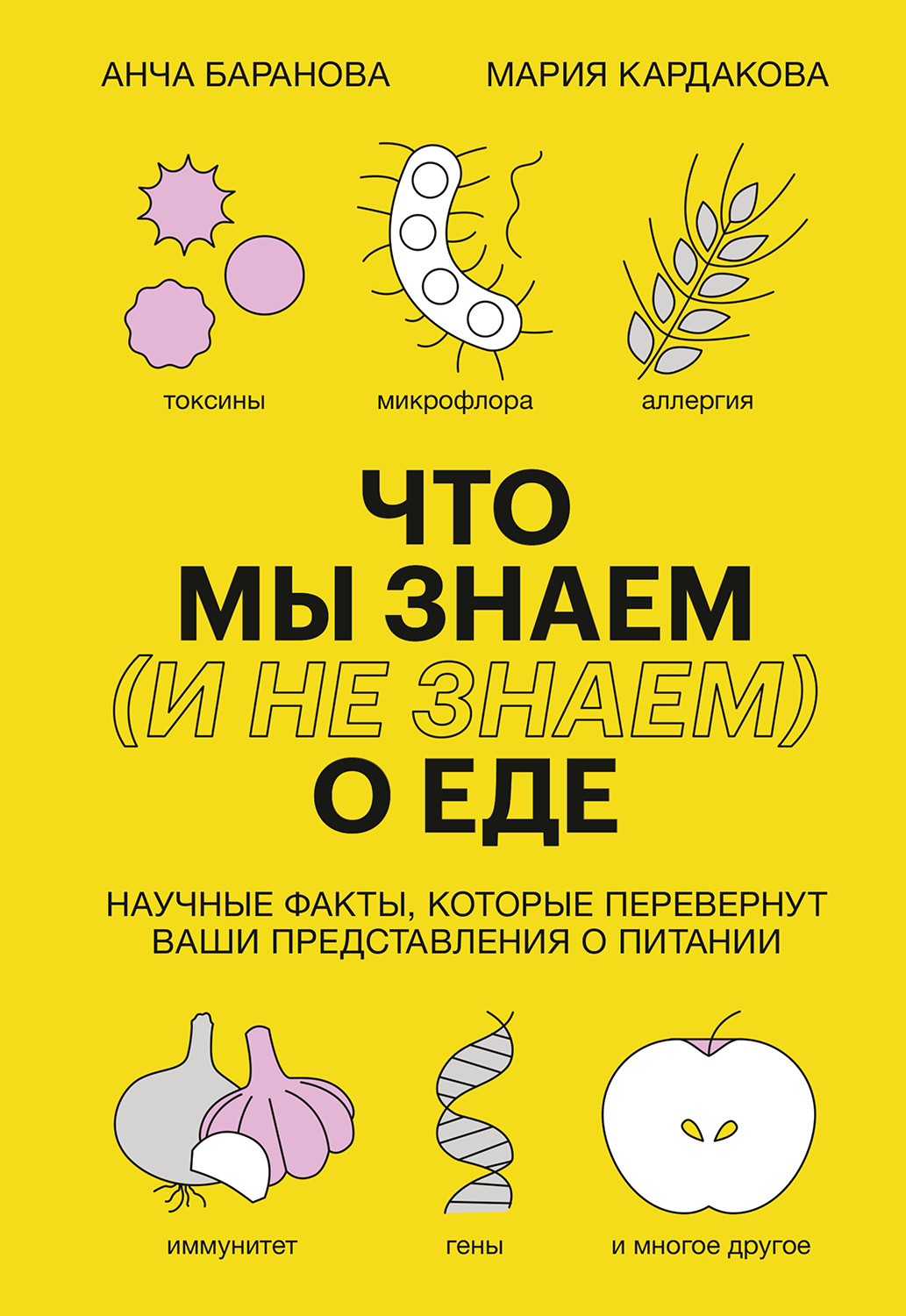// doi: 10.1111/j.1749–6632.2001.tb05656.x; St Pyrek J. Constituents of human meconium-III. Identification of 3,20-dihydroxypregnan-21-oic acids // Steroids, 1987 Apr-May;49(4–5):313-33 // doi: 10.1016/0039-128x(87)90007-9.
Mostofsky E., et al. Habitual Coffee Consumption and Risk of Heart Failure: A Dose — Response Meta-Analysis // Circ. Heart Fail. 2012. Jul. 1. Vol. 5. No. 4. Pp. 401–405 // doi: 10.1161/CIRCHEARTFAILURE.112.967299.
Ming Ding, et al. Long-Term Coffee Consumption and Risk of Cardiovascular Disease.A Systematic Review and a Dose — Response Meta-Analysis of Prospective Cohort Studies // Circulation. February 11, 2014, Vol 129, Issue 6 // https://doi.org/10.1161/CIRCULATIONAHA.113.005925.
Harvard T.H. The Nutrition Source. Alcohol: Balancing Risks and Benefits // hsph.harvard.edu/nutritionsource/healthy-drinks/drinks-to-consume-in-moderation/alcohol-full-story.
CDC. Dietary Guidelines for Alcohol // https://www.cdc.gov/alcohol/fact-sheets/moderate-drinking.htm.
World Health Organization. Alcohol // who.int/health-topics/alcohol#tab=tab_1.
Hinkle SN, et al. Association of Habitual Alcohol Consumption With Long-term Risk of Type 2 Diabetes Among Women With a History of Gestational Diabetes // JAMA Netw Open. 2021 Sep 1;4(9):e2124669 // doi: 10.1001/jamanetworkopen.2021.24669; Figueiredo JC, et al. Sex and ethnic/racial-specific risk factors for gallbladder disease // BMC Gastroenterol. 2017 Dec 8;17(1):153 // doi: 10.1186/s12876-017-0678-6; Kerr WC, et al. Lifetime Alcohol Use Patterns and Risk of Diabetes Onset in the National Alcohol Survey // Alcohol Clin Exp Res. 2019 Feb;43(2):262–269 // doi: 10.1111/acer.13924.
Bakhshi S, While AE. Health professionals' alcohol-related professional practices and the relationship between their personal alcohol attitudes and behavior and professional practices: a systematic review // Int J Environ Res Public Health. 2013 Dec 23;11(1):218-48 // doi: 10.3390/ijerph110100218.
Joos L, Glazemakers I, Dom G. Alcohol Use and Hazardous Drinking among Medical Specialists // Eur Addict Res 2013;19:89–97 // doi: 10.1159/000341993.
Harvard T.H. Alcohol: Balancing Risks and Benefits // hsph.harvard.edu/nutritionsource/healthy-drinks/drinks-to-consume-in-moderation/alcohol-full-story.
William J. Cromie. Wine molecule slows aging process: Scientists drink to that // news.harvard.edu/gazette/story/2003/09/wine-molecule-slows-aging-process-2.
Terzibasi E., et al. The short-lived fish Nothobranchius furzeri as a new model system for aging studies // Exp. Gerontol. 2007. Vol. 42. Pp. 81–89.
Nadon N. L., et al. NIA Interventions Testing Program: Investigating Putative Aging Intervention Agents in a Genetically Heterogeneous Mouse Model. // Lancet. 2017. July 01. Vol. 21. Pp. 3–4.
Banaszewska B, et al. Effects of Resveratrol on Polycystic Ovary Syndrome: A Double-blind, Randomized, Placebo-controlled Trial // J Clin Endocrinol Metab. 2016 Nov;101(11):4322–4328 // doi: 10.1210/jc.2016–1858.
de Ligt M, Bruls YMH, et al. Resveratrol improves ex vivo mitochondrial function but does not affect insulin sensitivity or brown adipose tissue in first degree relatives of patients with type 2 diabetes // Mol Metab. 2018 Jun;12:39–47 // doi: 10.1016/j.molmet.2018.04.004.
Zhu X, et al. Effects of resveratrol on glucose control and insulin sensitivity in subjects with type 2 diabetes: systematic review and meta-analysis // Nutr Metab (Lond). 2017 Sep 22;14:60 // doi: 10.1186/s12986-017-0217-z.
Vitaglione P, et al. Bioavailability of trans-resveratrol from red wine in humans // Mol Nutr Food Res. 2005 May;49(5):495–504 // doi: 10.1002/mnfr.200500002.
Semba R. D., et al. Resveratrol Levels and All-Cause Mortality in Older Community-Dwelling Adults // JAMA Intern Med. 2014. Vol. 174. No. 7. Pp. 1077–1084 // doi: 10.1001/jamainternmed.2014.1582.
Mews P, et al. Alcohol metabolism contributes to brain histone acetylation // Nature. 2019 Oct;574(7780):717–721 // doi: 10.1038/s41586-019-1700-7.
Painter K, Cordell BJ, Sticco KL. Auto-brewery Syndrome // 2022 May 1. In: StatPearls Publishing; 2022 Jan // pubmed.ncbi.nlm.nih.gov/30020718/; Akhavan BJ, et al. Drunk Without Drinking: A Case of Auto-Brewery Syndrome // ACG Case Rep J. 2019 Sep 9;6(9):e00208 // doi: 10.14309/crj.0000000000000208; Malik F, Wickremesinghe P, Saverimuttu J. Case report and literature review of auto-brewery syndrome: probably an underdiagnosed medical condition // BMJ Open Gastroenterol. 2019 Aug 5;6(1):e000325 // doi: 10.1136/bmjgast-2019-000325.
Malik F., et al. Case report and literature review of auto-brewery syndrome: probably an underdiagnosed medical condition // BMJ Open Gastroenterol. 2019. Vol. 6. No. 1. P. e000325 // doi: 10.1136/bmjgast-2019-000325.
Chazelas E., et al. Sugary drink consumption and risk of cancer: results from NutriNet-Santé prospective cohort // BMJ. 2019. Vol. 366 // doi: 10.1136/bmj.l2408.
Basu S., et al. The Relationship of Sugar to Population-Level Diabetes Prevalence: An Econometric Analysis of Repeated Cross-Sectional Data // PLoS One. 2013. Vol. 8. No. 2. P. e57873 // doi: 10.1371/journal.pone.0057873.
A Bahador, et al. Effect of xylitol on cariogenic and beneficial oral streptococci: a randomized, double-blind crossover trial // Iran J Microbiol. 2012 Jun; 4(2): 75–81 // ncbi.nlm.nih.gov/pmc/articles/PMC3434645.
Ingrid Toews, et al. Association between intake of non-sugar sweeteners and health outcomes: systematic review and meta-analyses of randomised and non-randomised controlled trials and observational studies // BMJ, 2019 // ncbi.nlm.nih.gov/pmc/articles/PMC6313893/; Hongyi Li, et al. Association between intake of sweetened beverages with all-cause and cause-specific mortality: a systematic review and meta-analysis // Journal of Public Health, 09 April 2021 // doi.org/10.1093/pubmed/fdab069; Common Cancer Myths and Misconceptions (NIH 2018), http://cancer.gov/about-cancer/causes-prevention/risk/myths; Brown RJ, et al. Artificial sweeteners: a systematic review of metabolic effects in youth // Int J Pediatr Obes. 2010 Aug;5(4):305-12 // doi: 10.3109/17477160903497027; Rogers PJ, et al. Does low-energy sweetener consumption affect energy intake and body weight? A systematic review, including meta-analyses, of the





